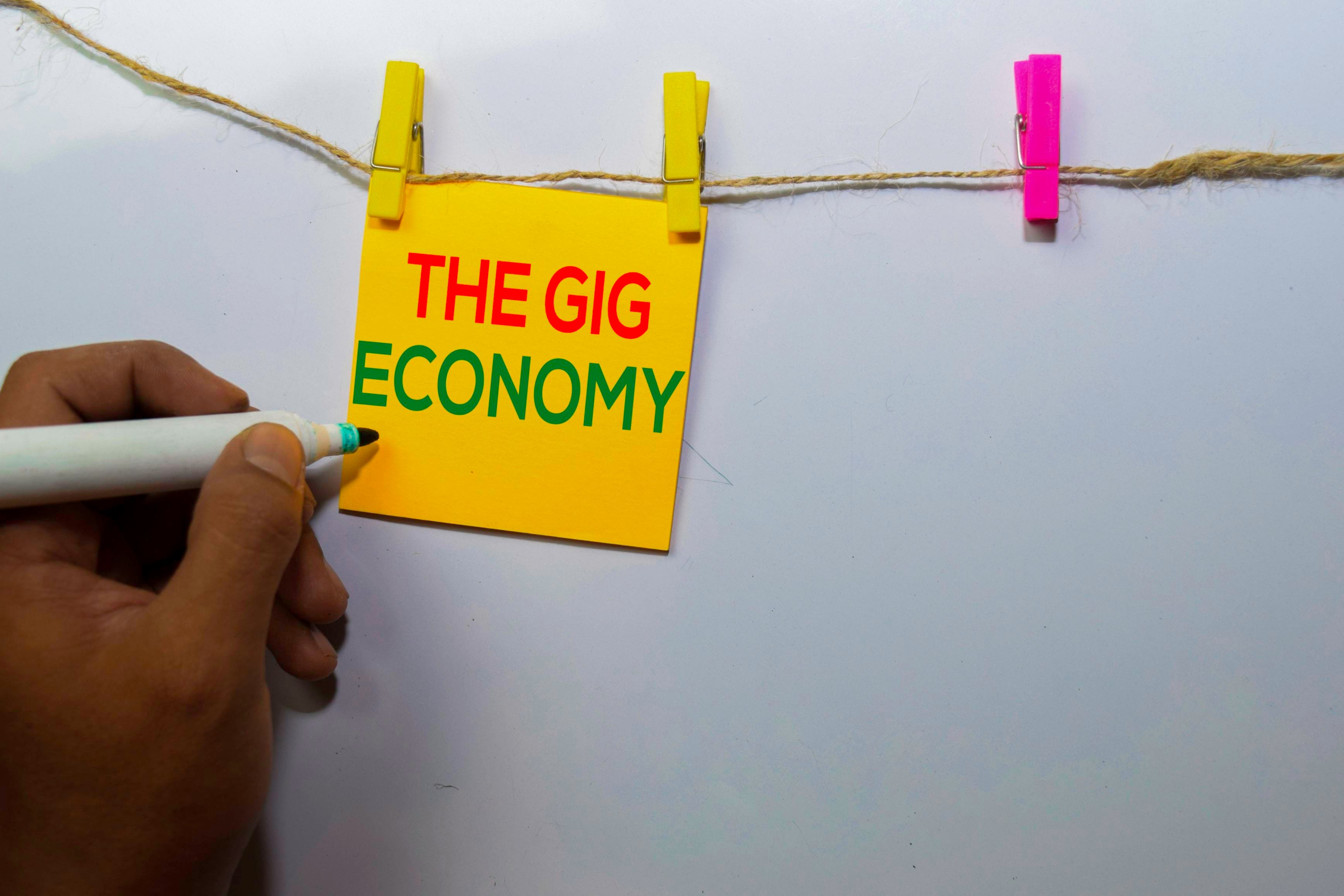Mastering the Art of Earning with Fiverr: A Comprehensive Guide
Gig Work January 24, 2025
Fiverr has revolutionized the freelancing world by providing a platform where skilled individuals can monetize their[…]
Maximize Your Wealth with Micro-Investing Apps: The Ultimate Beginner’s Guide
Micro Earning January 24, 2025
Learn how to build wealth with micro-investing apps! This ultimate guide covers strategies, tools, and actionable tips to make small investments grow into significant returns.
Amazon’s ‘The List’ Sale: Top Holiday Deals on Stanley, Crocs, Beats, Lego, and More
Gig Work, Micro Earning December 14, 2024
Amazon’s “The List” sale is a curated selection of trending products and top deals perfect for holiday gifting. Shoppers can find discounts on popular brands like Stanley, Crocs, Beats, and Lego. Some of the most notable deals include the Stanley Quencher H2.0 FlowState tumbler, the Owala Stainless Steel Tumbler, and the Beats Studio Pro noise-canceling headphones. But don’t wait, these deals are only available for a limited time!
Friends of the Marshalltown Public Library Find Success Selling on eBay
eBay Earning, Gig Work December 12, 2024
The Friends of the Marshalltown Public Library have found a new way to support their local library – by selling donated items on eBay. Since launching their online store earlier this year, the group has generated over $4,212 in net sales, exceeding their initial goal of $4,0001.
MBA in the Age of Freelancers: Skills for a Changing World
Gig Work September 29, 2024
Is your MBA program preparing you for the gig economy? Learn how business schools are adapting to equip students with the skills needed to thrive in the changing world of work.
US Gig Worker Rule Defense Argues Lack of Harm to Challengers
Gig Work August 23, 2024
The US Labor Department is raising a procedural shield as part of its broad defense against[…]
4 Hidden Costs Of Gig Work
Gig Work August 20, 2024
Discover the hidden costs behind the freedom of gig work. Before diving in, uncover the reality[…]







